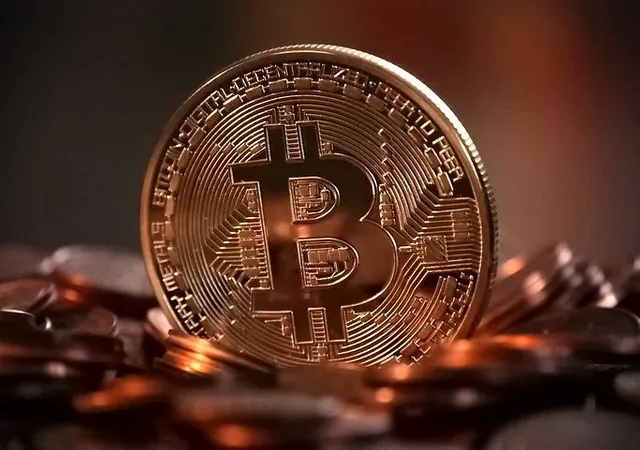Central banks under pressure to make decisions on digital money

Germans have always loved transacting with cash and trusted its payment functions. People adopted the use of contactless payment card or cashless policy, due to the pandemic. Devaluation is a major concern caused by inflation in the society. Despite all the issues, digital money has come to stay.
Forms of Digital Money
Cashless policy? Digital money is now the order of the day and used widely. In comparison with visible cash which isn't tangible, but it inarguably represents a commonly adopted type of payment.
Digital money is of two forms:
- A card-based system, this is in similitude to credit or debit card.
- A software-based system, examples are Paypal, Skrill, Worldremit, and Xoom.
Such forms of digital monies are indeed visibly non-existent, but they are as valuable as our physical cash. They are also linked to users' bank accounts.
The Competition
Facebook competes with central banks to own her currently. Libra, the digital money of Facebook was introduced. Libra was designed as a stable coin similar to Bitcoin, this will secure the currency from unstable exchange rates. This will be achieved as Facebook planned to host international currencies, such as USD, Japanese Yen, and Euro among others.
This is the working principle; Users will make payments in their nations' currency in Virtual Asset Service Provider(VASP). Then, the payments would be forwarded to a currency dealer who buys in a predetermined exchange bond. For instance, the cash can be exchanged at 20% while the government bond is 80%, this will be transferred to Facebook's Libra Reserve. This reserve is managed by high-profile tech organizations. Facebook inclusive.
The anonymity of Libra is uncertain, as there won't be a security breach on User's Personal data and privacy. One of the pros of Libra is that users based in developing countries with no bank account and credit card can access payments. All you need is a smartphone to send Facebook's digital money directly at a low cost, on public blockchains. Payments can be sent via WhatsApp, Instagram, Messenger, and other public blockchains. Libra could be the largest digital currency in the world due to the large users of Facebook.
Central banks under pressure to decide
Central banks around the world are planning to create their currency. The ECB's President, Christiane Lagarde made this announcement. The idea of Digital Central Bank Money(CBDC) by the ECB is in similitude with Libra. Central banks will play a far greater role in the regulations of CBDC than Libra.
Conclusion
The actualization of digital currency, either by the Central banks or private organizations like Facebook, is still a dream. Looking at the stance of Central banks. Independent digital money without the regulations of central banks is like building castles in the air. We are optimistic that by 2025, 20 billion users would be connected to the internet, this would, in turn, increase the chance of digital currency.